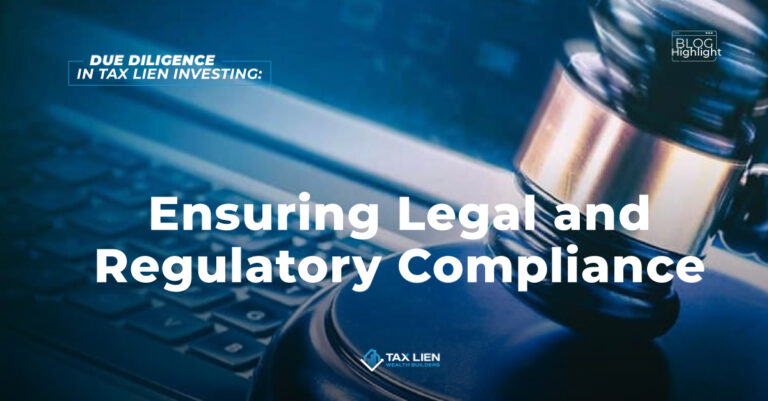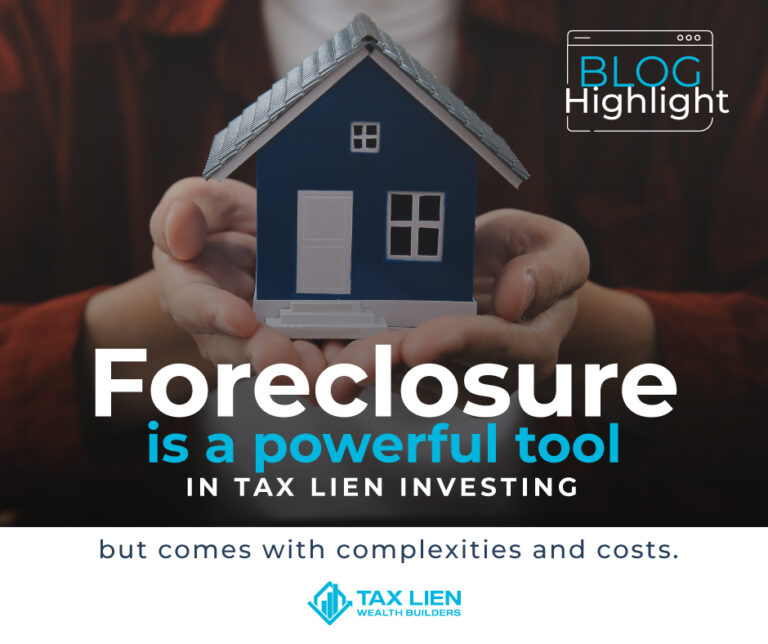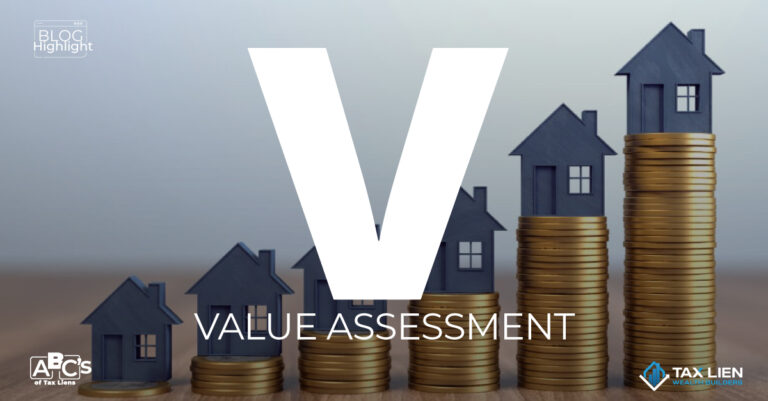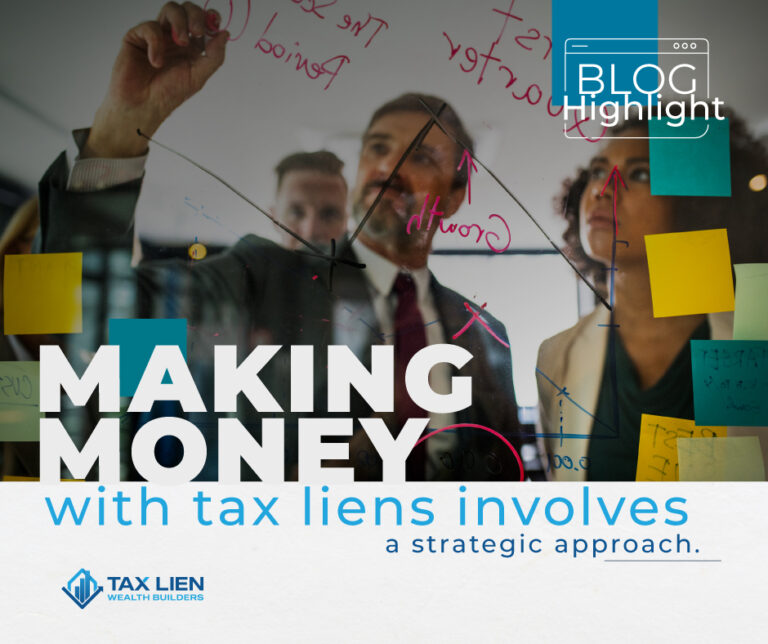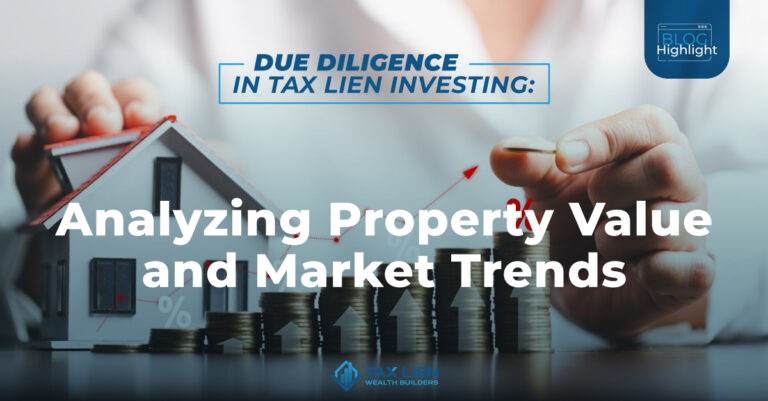How Real Estate Market Trends Affect Tax Lien and Deed Investing
Tax lien and deed investing can be a profitable strategy for those looking to enter or expand their presence in the real estate market. But success in this field is not just about understanding how liens and deeds work.
It includes recognizing how broader real estate market trends influence the value of your investments.
Whether property values are rising or falling, it is important to understand the risks and rewards each trend presents so you can make informed decisions and maximize your returns.
Let’s explore how rising and declining property values impact tax lien and deed investing.
The Effects of Increase in Property Value on Tax Lien and Deed Investments.
When the real estate market is high on demand and property values are on the rise, tax lien and deed investing can become even more attractive. As property values increase, the potential returns on your investments increase as well.
If you acquire a property through a tax deed and the property appreciates in value, you could sell it for a significant profit or hold onto it as it continues to appreciate.
Even in cases where the delinquent owner pays off their tax debt, you still earn interest on the lien, which can lead to substantial returns, particularly in a rising market.
Higher property values also generally indicate a healthier local economy, reducing the likelihood that you will end up stuck with an undesirable or hard-to-sell property.
However, an increase in property value also comes with its own challenges. With more investors eyeing the market, the competition in tax lien and deed auctions heats up. This increased demand can lead to higher auction prices, cutting into your potential profit margins.
You may also find yourself bidding against more experienced or better-capitalized investors, making it more difficult to acquire properties at a discount.
In these scenarios, it is important to adjust your strategy by focusing on specific areas or property types where competition may be less fierce. Also, you need to carefully evaluate the properties you are interested in, ensuring that the purchase price still allows for a solid return on investments.
What Happens When Property Value Reduces in Tax Lien and Deed as an Investing.
While rising property values enhance the appeal of tax lien and deed investing, declining property values present a more complex challenge. When property values fall, there is an increased risk of acquiring properties that are worth less than the amount owed in back taxes.
This can result in a situation where the value of the property is lower than your investment, especially if you have to pay for any rehabilitation or repairs.
In some cases, properties acquired through tax deeds may require significant work to make them liveable or marketable. Declining property values are often associated with economic downturns, which means that many of these properties may be in distressed areas or are suffering from neglect.
The cost of rehabilitating such properties can add up quickly, eating into your profits and extending the time it takes to see any return on your investment.
A decline in the value of properties can make it harder to sell them once you have acquired them. If the real estate market is down, potential buyers may be scarce, and you could find yourself holding onto a property for much longer than you anticipated, further delaying your returns.
However, even in a declining market, there can be opportunities for experienced investors. Properties in areas poised for recovery or growth may still offer long-term gains. For example, if you are able to acquire property in an area that is undergoing revitalization or where development is planned, you could profit handsomely once the market rebounds. If you are willing to hold onto properties for longer periods and weather short-term declines, you may find these markets full of hidden gems. Balancing Risks and Rewards
Whether the market is booming or in decline, tax lien and deed investing always carries some level of risk. In rising markets, the challenge is often competition and higher upfront costs, while in declining markets, the primary concern is making sure you are not investing in a depreciating asset that will cost more in repairs than it’s worth.
The key to a successful investment is careful research and a solid strategy. Pay attention to local market trends and economic indicators before diving into any investment. Knowing the history of a property and the area it is located in can help you avoid costly mistakes and ensure that your investments yield positive returns.
At the end of the day, staying on top of real estate market trends is crucial for you as a tax lien or deed investor. A rise in property values can offer great rewards but often come with higher costs, while a decline in value may create opportunities if you are prepared to take on more risk and wait for a market recovery.
For more insights into tax lien and deed investing, including tips on how to navigate the real estate markets, follow our blog. We provide regular updates on market trends, investment strategies, and tools to help you make smarter decisions in this ever dynamic field.


